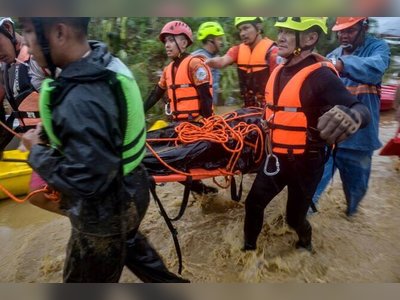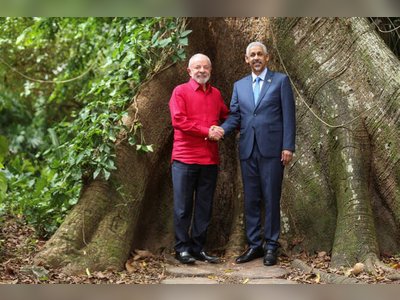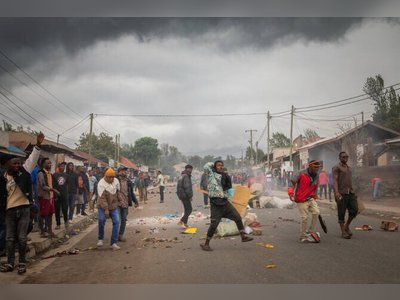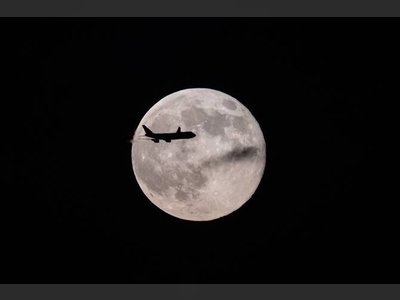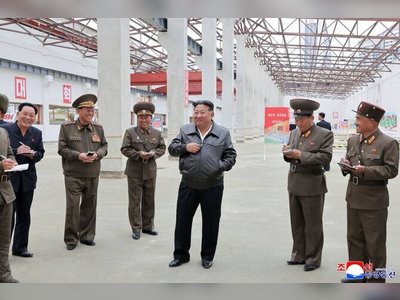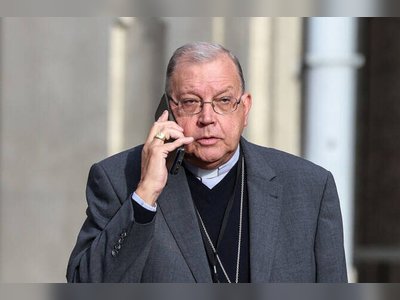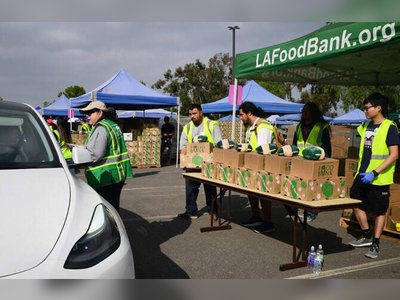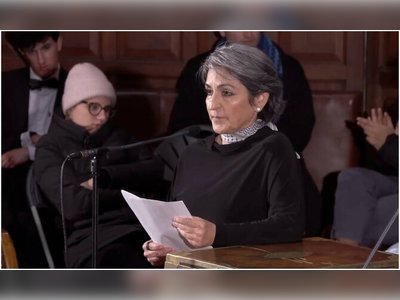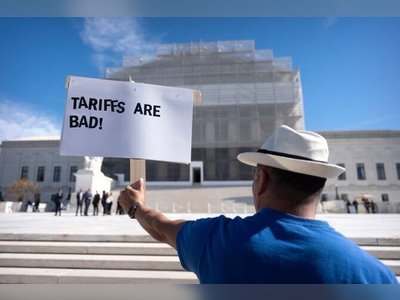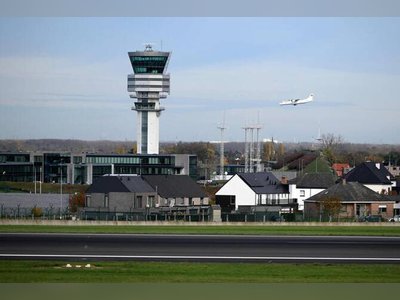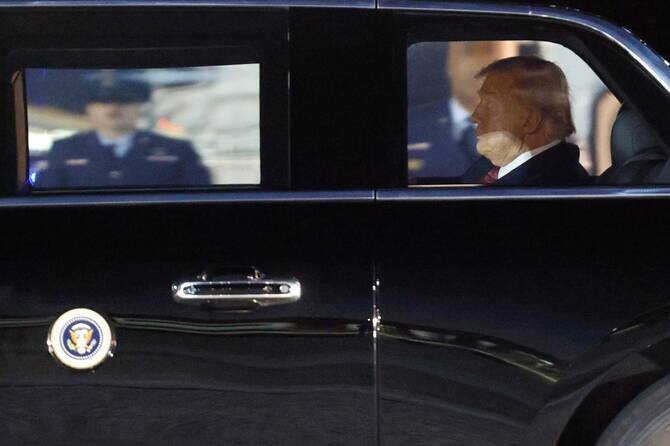
Trump Hosts First Summit with Central Asian Leaders Amid Intensifying Regional Competition
US President Donald Trump will convene a historic meeting with the leaders of Kazakhstan, Kyrgyzstan, Tajikistan, Turkmenistan, and Uzbekistan in Washington, marking a significant shift in American engagement with the resource-rich region of Central Asia.
In a strategic move that underscores growing Western interest in Central Asia, US President Donald Trump will host the first-ever summit with the leaders of Kazakhstan, Kyrgyzstan, Tajikistan, Turkmenistan, and Uzbekistan this Thursday.
This diplomatic maneuver comes on the heels of recent high-profile visits by key global players, including European Union chief Ursula von der Leyen, Russian President Vladimir Putin, and Chinese leader Xi Jinping, each seeking to bolster their influence in the region.
Central Asia, comprised of five landlocked countries that gained independence from the Soviet Union in 1991, has become a focal point for international competition due to its vast natural resources.
The regional leaders have been actively diversifying their diplomatic engagements, especially since Russia's invasion of Ukraine, which has prompted them to reassess traditional alliances.
China, with its significant infrastructure investments and shared borders with Kazakhstan, Kyrgyzstan, and Tajikistan, has positioned itself as a major commercial partner.
Meanwhile, Turkey has strengthened its ties through cultural connections and military cooperation, capitalizing on Russia's current preoccupation.
The West, particularly the European Union and the United States, is keen to establish deeper economic ties, aiming to diversify their rare earth supplies and reduce dependence on China.
Central Asia's resource wealth, including uranium in Kazakhstan, gold reserves in Uzbekistan, and natural gas in Turkmenistan, presents both opportunities and challenges.
However, the harsh geography of the region poses complex logistical hurdles for extensive resource exploitation.
Environmental concerns, including severe pollution and climate change impacts, add to the region's development challenges.
Despite these issues, Central Asia is attempting to revive its historical role as a trading hub along the ancient Silk Road.
Human rights advocacy groups have expressed concern over the summit's timing, highlighting that participating governments have intensified efforts to suppress dissent and limit press freedom.
Turkmenistan, in particular, ranks near the bottom of Reporters Without Borders' press freedom index, reflecting its status as one of the world's most secretive states.
The suppression of civil liberties has raised calls for human rights to be addressed during the summit.
The upcoming summit underlines a pivotal moment in Central Asian geopolitics, where economic cooperation and regional stability are increasingly intertwined with broader international strategic interests.
This diplomatic maneuver comes on the heels of recent high-profile visits by key global players, including European Union chief Ursula von der Leyen, Russian President Vladimir Putin, and Chinese leader Xi Jinping, each seeking to bolster their influence in the region.
Central Asia, comprised of five landlocked countries that gained independence from the Soviet Union in 1991, has become a focal point for international competition due to its vast natural resources.
The regional leaders have been actively diversifying their diplomatic engagements, especially since Russia's invasion of Ukraine, which has prompted them to reassess traditional alliances.
China, with its significant infrastructure investments and shared borders with Kazakhstan, Kyrgyzstan, and Tajikistan, has positioned itself as a major commercial partner.
Meanwhile, Turkey has strengthened its ties through cultural connections and military cooperation, capitalizing on Russia's current preoccupation.
The West, particularly the European Union and the United States, is keen to establish deeper economic ties, aiming to diversify their rare earth supplies and reduce dependence on China.
Central Asia's resource wealth, including uranium in Kazakhstan, gold reserves in Uzbekistan, and natural gas in Turkmenistan, presents both opportunities and challenges.
However, the harsh geography of the region poses complex logistical hurdles for extensive resource exploitation.
Environmental concerns, including severe pollution and climate change impacts, add to the region's development challenges.
Despite these issues, Central Asia is attempting to revive its historical role as a trading hub along the ancient Silk Road.
Human rights advocacy groups have expressed concern over the summit's timing, highlighting that participating governments have intensified efforts to suppress dissent and limit press freedom.
Turkmenistan, in particular, ranks near the bottom of Reporters Without Borders' press freedom index, reflecting its status as one of the world's most secretive states.
The suppression of civil liberties has raised calls for human rights to be addressed during the summit.
The upcoming summit underlines a pivotal moment in Central Asian geopolitics, where economic cooperation and regional stability are increasingly intertwined with broader international strategic interests.

